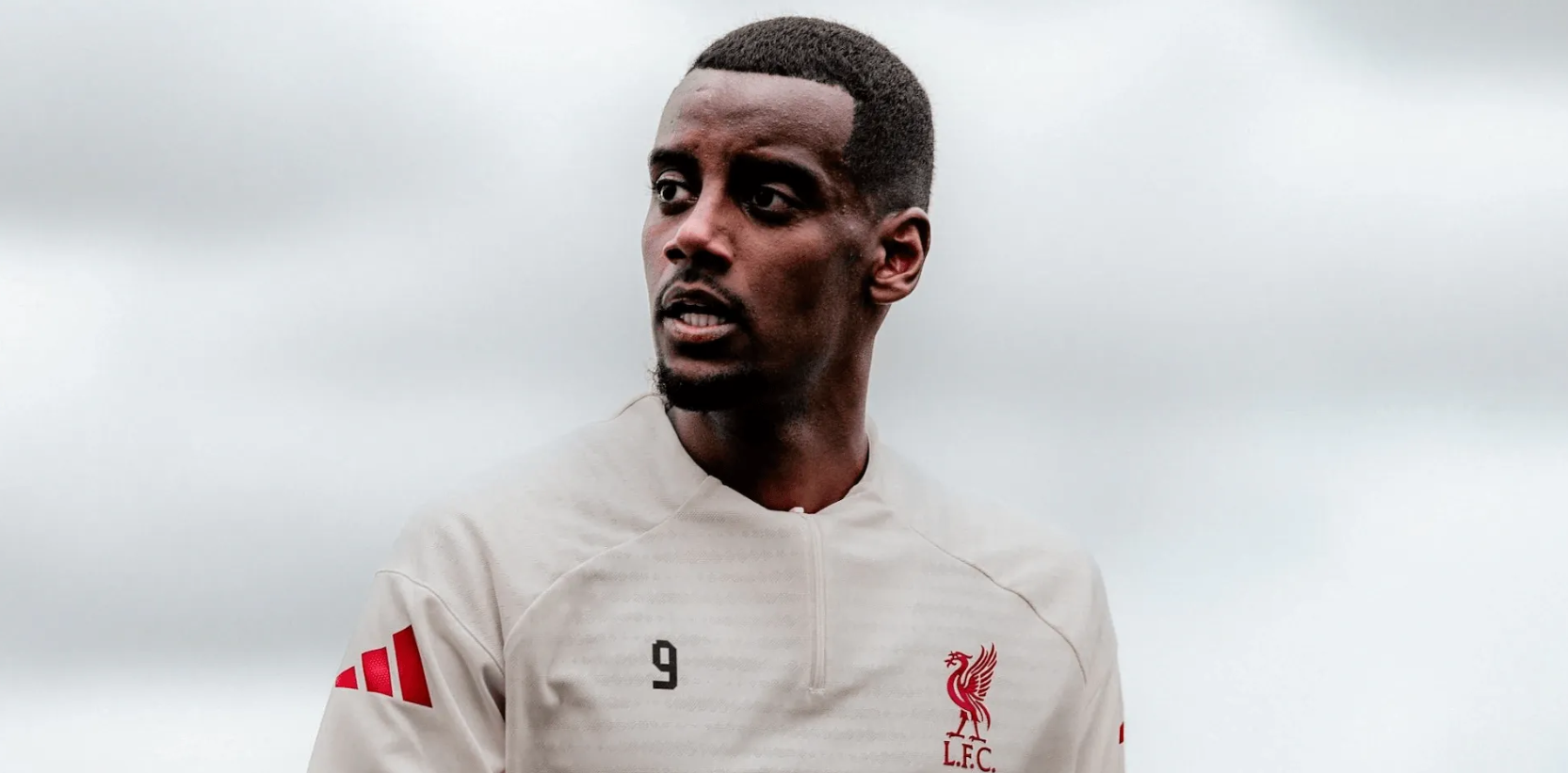
Wirtz's transfer fee stands at £100 million, to be paid in five installments. If Wirtz wins four major trophies during his career at Anfield—including the Premier League and the Champions League—Liverpool will also pay an additional £16 million to Bayer Leverkusen.
Should this target be achieved, the substantial bonus would be enough to offset the extra costs.
Alexander Isak's transfer fee is £125 million (with add-ons that could raise the total to £130 million), to be spread over four seasons. This means the combined initial transfer fee for Isak and Wirtz this summer amounts to £51.25 million.
While this will affect the team's available funds over the duration of the new players' contracts, a successful outcome of these transfers would see Liverpool hailed as true masters of turning investments into gold.
Nevertheless, Liverpool is happy to be seen as willing to invest in key transfers—unlike during Jürgen Klopp’s tenure, when the club faced criticism for allegedly being overly cautious to outmaneuver the market.
Under Klopp, Liverpool was frequently accused of excessive caution, which occasionally led to minor tensions between the former manager and the club’s hierarchy regarding approval for large-scale transfers.
Klopp did not hesitate to highlight the club’s competitive disadvantages compared to Manchester City, Chelsea, and Manchester United. However, during his time in charge, the team still invested approximately £1 billion, with the most high-profile signings being the record-breaking transfers of Virgil van Dijk and Alisson Becker in 2018.
“Considering inflation, in the current transfer market, both Van Dijk and Alisson would now be worth £100 million each. This summer is really nothing new for us,” a Liverpool source emphasized.
Liverpool has also never hesitated to offer lucrative contracts to star players, yet those monitoring the club’s spending levels often overlook its wage expenditure.
The difference lies in the timing and intensity with which Liverpool has secured so many key players. The club acknowledges that signing a talented player from the Bundesliga attracts more attention than acquiring a center-back from Southampton or even a goalkeeper from Roma.
Even if the reality is less dramatic, it still raises questions about whether Liverpool is adjusting its overall strategy.
This summer’s proactive approach is the result of a combination of circumstances, meticulous planning, and the legacy of the Klopp era—which left the club in a very healthy financial position.
Michael Edwards (FSG’s Chief Executive of Football), Richard Hughes (Director of Football), and manager Arne Slot form the "triumvirate" leading Liverpool’s football operations. They began formulating a comprehensive 2025 plan a year ago.
Shortly after taking up their roles, when they started defining their objectives, there was a consensus that dismantling the squad Klopp left behind would be reckless. This was based on two key reasons: first, their belief that Slot could take the team to the next level; second, their desire to gather a full year of data on future targets and make a more comprehensive assessment of the existing squad.
“We see this as a case of putting aside pocket money—preparing for the players we believed we could sign this summer,” a senior club official stated.




